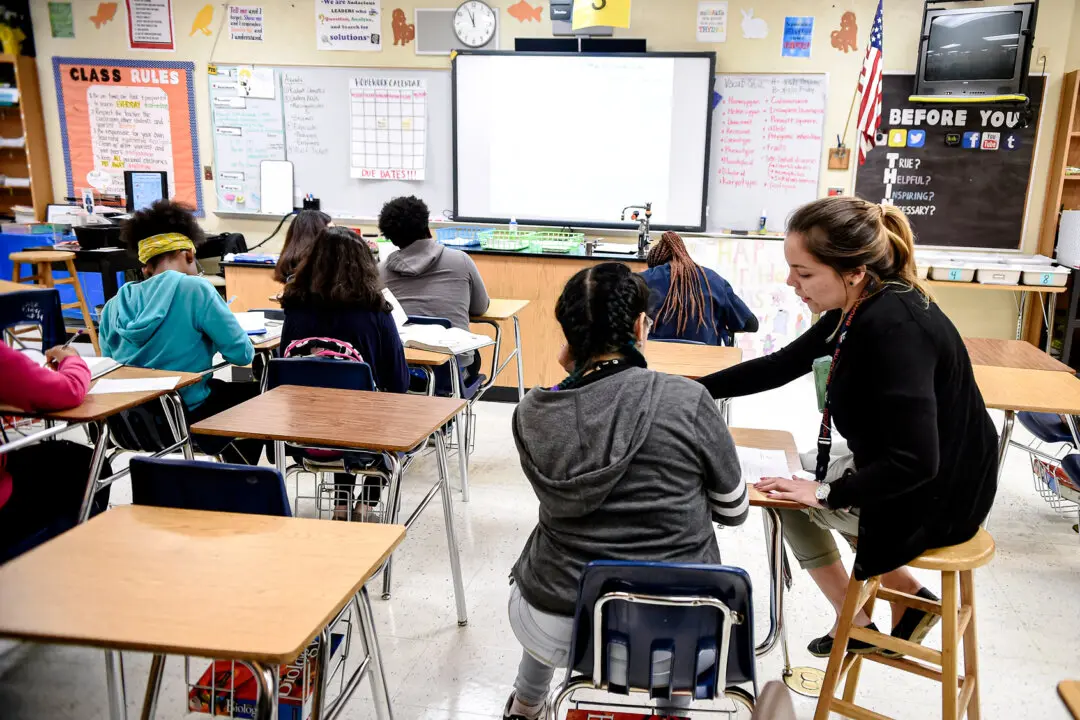Commentary
Without a doubt, reading is the most important skill taught in school. So in a world where young Canadians compete with other young people from around the world for post-secondary admission and in the workforce, we should be keenly interested in how our students perform on international reading assessments.





